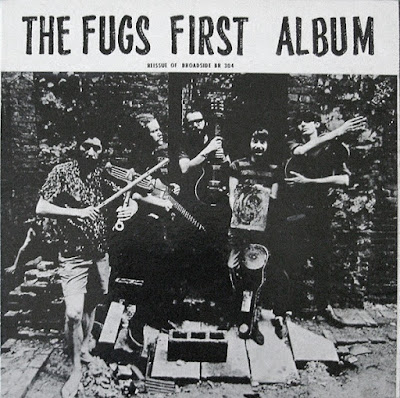
Mercedes Sosa was born in poverty, her father a day laborer, her mother a washer woman, in Tucumán, a province in northwest Argentina, on July 9, 1935.
At 15, she won an amateur-hour contest sponsored by a local radio with a two month contract for appearances as its grand prize. It turned out to be the start of her career.
By the late 50s she had moved on from traditional folk and embraced the
Movimiento del Nuevo Cancionero, a fledging movement with a new approach to folk music that updated the standard folk lyrics to sing about the plight of the poor and disenfranchised. This, naturally, led her in time to champion the
Nueva Canción (New Song), a movement in Latin America in the 60s that blended traditional rhythms and lyrics addressing social and political concerns. This became a deadly serious business in Latin America in the 70s, as ruthless military dictatorships took power. Sosa was detained and body searched
on stage at a concert in 1979. Many in the audience were detained. In the following weeks, her concerts were cancelled after anonymous bomb threats were called in. And while there was no cause open against Sosa, her songs were banned on the radio and she was prohibited from performing.
Understandably feeling persecuted and unable to make a living, Sosa left in self imposed exile to France and Spain.
She returned to Argentina in 1982, just as the military dictatorship was beginning to disintegrate. (In fact, in retrospect, Sosa´s epochal 13-night comeback stand at the Opera Theatre in Buenos Aires, captured on the disc
Mercedes Sosa en Argentina, was in itself a measure of the increasing weakness of the regime.)
Sosa had been an international artist, performing in the United States and Europe, since the 1960s, but in her condition as an exile she transcended her role as a folk singer and became a symbol of resistance and the struggle for human rights. It was a heavy mantle that she carried effectively – while also making clear to whoever wanted to listen that she was an artist first.
“Sometimes, one is made to be a big mouth or some sort of Robin Hood and it’s not like that,” she once told me, in the 90s, with an edge of frustration in her voice. “I am a woman who sings, who tries to sing as well as possible with the best songs available. I was bestowed this role as big protester and it’s not like that at all. I’m just a thinking artist.”
And being a “thinking artist” for Sosa not only meant singing questioning lyrics, but also opening up her musical world.
Since her return to Argentina and for the past 20 years, rather than basking on the warm glow of her status and playing it safe musically, Sosa increasingly crossed over stylistic boundaries, taking a Pan-Ibero-American approach. She would still sing Argentine folk music and remain true to her
Nuevo Cancionero roots, but also integrate music by Brazilian artists such as Milton Nascimento, Caetano Veloso and Chico Buarque; Spanish singer songwriter Joan Manuel Serrat and rocker Joaquin Sabina. And in Argentina, where the music communities long lived in parallel worlds that rarely acknowledged, much less addressed, each other, Sosa seemed to make a point of ignoring stylistic boundaries. She worked with neo-folk singers such as Leon Gieco (a Bob Dylan-like figure) but also recalcitrant rockers such as Charly Garcia, pop rockers such as Fito Páez and new tango stalwarts such as bandoneonist Rodolfo Mederos. And it wasn’t just big names but also up-and-coming songwriters, playing sort of fairy godmother by calling attention to their work, giving them, in a word, her blessing.
Here´s her hommage to Violeta Parra, the famous Chilean composer, songwriter, folklorist, ethnomusicologist and visual artist, who set the basis for "Chilean' New Song", the Nueva canción chilena, a renewal and a reinvention of Chilean folk music which would absorb and extend its influence far beyond Chile.
Tracklist:
Defensa De Violeta
Graicas A La Vida
Segun El Favor Del Viento
Arriba Quemando El Sol
Me Gustan Los Estudiantes
Volver A Los 17
La Carta
Que He Sacado Con Quererte
La Lavandera
Rin Del Angelito
Los Pueblos Americanos
Mercedes Sosa - Homenaje a Violeta Parra (1971)
(256 kbps, cover art included)
 "They say rock & roll and politics don't mix," sings Ed Sanders at the very beginning of his second and final solo LP. That's not necessarily true, but if you were going to make an argument against that declaration, this album is one of the last exhibits you'd want to use as evidence.
"They say rock & roll and politics don't mix," sings Ed Sanders at the very beginning of his second and final solo LP. That's not necessarily true, but if you were going to make an argument against that declaration, this album is one of the last exhibits you'd want to use as evidence. 
















